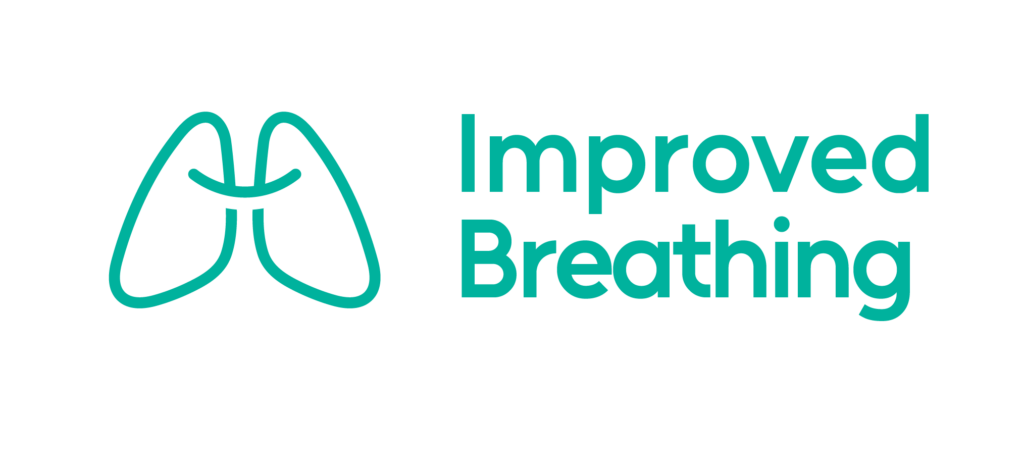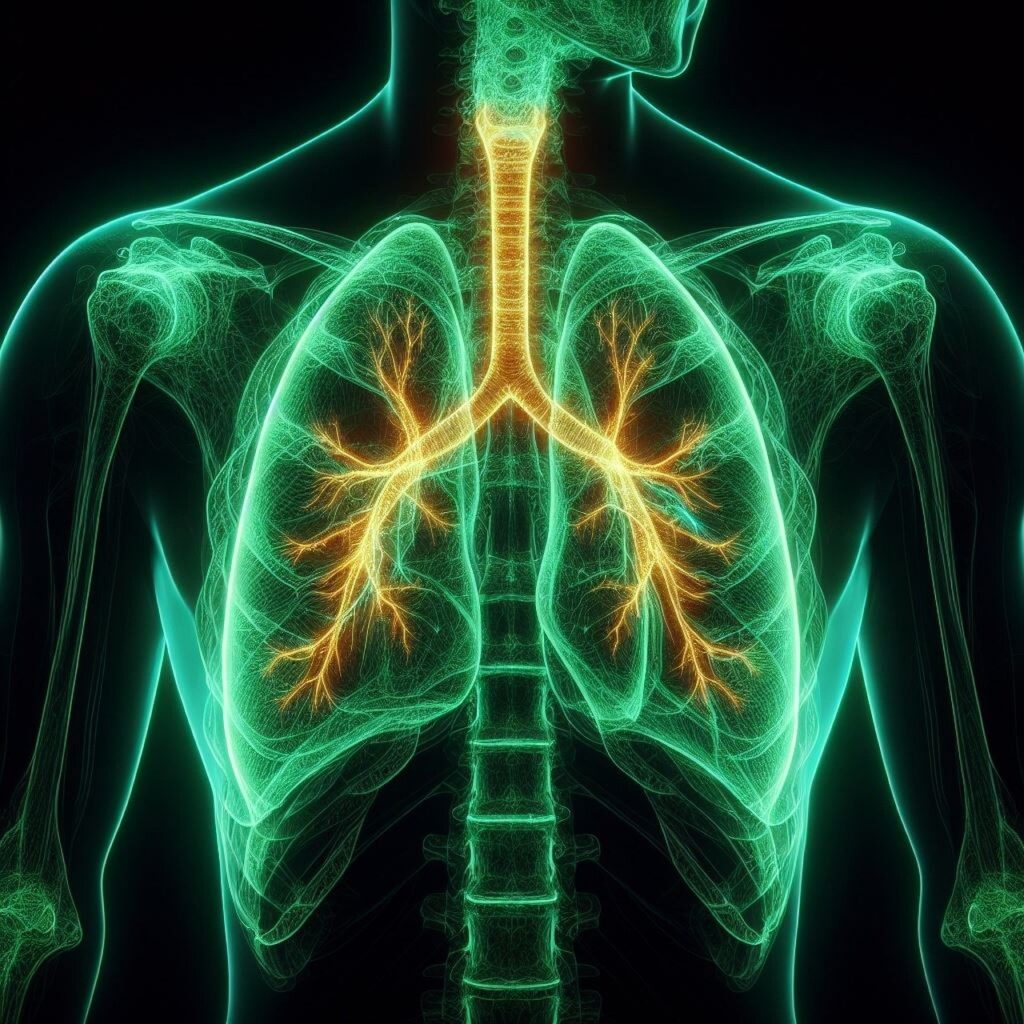Many people are surprised to learn that there’s a significant connection between arthritis and lung conditions like COPD (Chronic Obstructive Pulmonary Disease) and emphysema. In this post, we’ll explore this relationship and discuss strategies for managing both effectively.
The Connection
- Inflammation: Both arthritis and lung conditions involve chronic inflammation. In arthritis, this affects the joints, while in lung conditions, it impacts the airways and lung tissue.
- Autoimmune factors: Some forms of arthritis, like rheumatoid arthritis (RA), are autoimmune disorders. These can sometimes affect the lungs, leading to conditions like interstitial lung disease.
- Shared risk factors: Smoking, for instance, is a major risk factor for both COPD and rheumatoid arthritis.
- Medication effects: Some arthritis medications may affect lung function, while certain COPD treatments can impact joint health.
Management Strategies
- Regular medical check-ups: If you have arthritis or a lung condition, ensure your healthcare provider monitors both. Early detection of related issues can lead to better outcomes.
- Exercise:
- Low-impact activities like swimming or cycling can improve joint health and lung function.
- Consult with a physiotherapist for tailored exercises that address both conditions.
- Quit smoking: This is crucial for managing both arthritis and lung conditions.
- Diet:
- Anti-inflammatory foods may help both conditions. Include plenty of fruits, vegetables, and omega-3 fatty acids.
- Maintain a healthy weight to reduce stress on joints and lungs.
- Medication management:
- Discuss all medications with your healthcare team to ensure they don’t negatively interact or worsen either condition.
- Some medications, like corticosteroids, may benefit both arthritis and lung conditions when used appropriately.
- Breathing exercises:
- Techniques like pursed-lip breathing can help manage breathlessness in lung conditions and reduce overall stress, which can benefit arthritis symptoms.
- Joint protection:
- Use assistive devices when needed to reduce joint strain, which can help conserve energy for breathing.
- Stress management:
- Chronic conditions can be stressful. Techniques like meditation or yoga can help manage stress, potentially reducing inflammation.
- Vaccinations:
- Stay up-to-date with flu and pneumonia vaccines to prevent respiratory infections that could exacerbate both conditions.
- Environmental controls:
- Reduce exposure to irritants like dust and air pollution, which can affect both joint and lung health.
Final Words
Living with both arthritis and a lung condition can be challenging, but with proper management, many people lead full, active lives. Always work closely with your healthcare team to develop a personalized treatment plan that addresses all aspects of your health.














